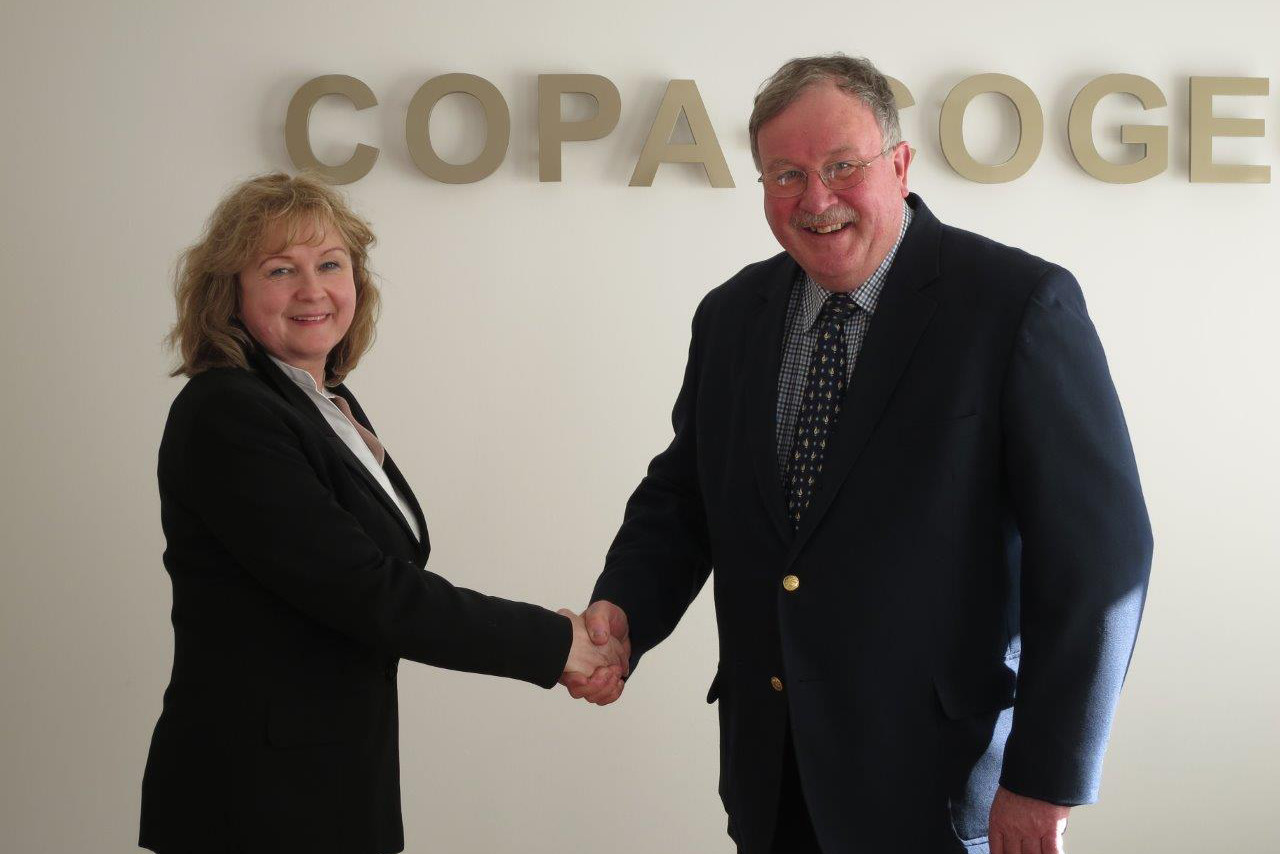EU free-range rules creating an unlevel playing field
 Chairman Charles Bourns. Photo: Copa/Cogeca
Chairman Charles Bourns. Photo: Copa/Cogeca Mr Bourns said the Dutch government had taken a stringent line. Dutch free-range producers are not being paid premiums as farmers are having to market their eggs as barn eggs, and as a result are losing a lot of income.
Yet across the border, in Germany, retailers are happy for free-range producers to over-mark their packs of free-range eggs with stickers saying the birds have had to be housed indoors due to the avian influenza outbreak. They are receiving a free-range premium.
The UK is in a similar position. Retailers, such as Coop, have agreed a similar system, and Mr Bourns said he understood other retailers were likely to follow suit and maintain the premium.
Meanwhile, France has tapped into European Commission match funding with, according to Mr Bourns, up to €40m of EU money going to help hard-pressed, mainly fois gras producers in the south west of the country. It is understood that Hungary is in the process of applying for funding. State aid would be impossible in the UK, he added.
Mr Bourns said the European Commission claimed to be ‘managing the situation’, but he said changes had to take place.
“Current rules state that eggs from laying flocks kept indoors beyond a 12-week threshold must be downgraded from free-range to barn, causing very few free-range eggs to be available to consumers in the EU in the months ahead.
“Together with our organisations in the food chain, Copa and Cogeca have urged the European Commission to issue a derogation to allow free-range flocks that remain housed after 12 weeks to be able to maintain their free-range status for a slightly longer period as farmers who have invested heavily in free-range facilities will otherwise suffer enormously.
“So far, the commission has rejected our calls and we are keen to continue working with them to find a solution. We urged the Commission to act quickly to the benefit of both consumers and farmers,” he added.
In addition, he called upon the commission to negotiate with non-EU countries that currently do not recognise the EU principle of regionalisation, as agreed by the World Animal Health Organisation, and ensure that bans are imposed only in the regions where the outbreaks have occurred. Unilateral bans were not acceptable, he added.
